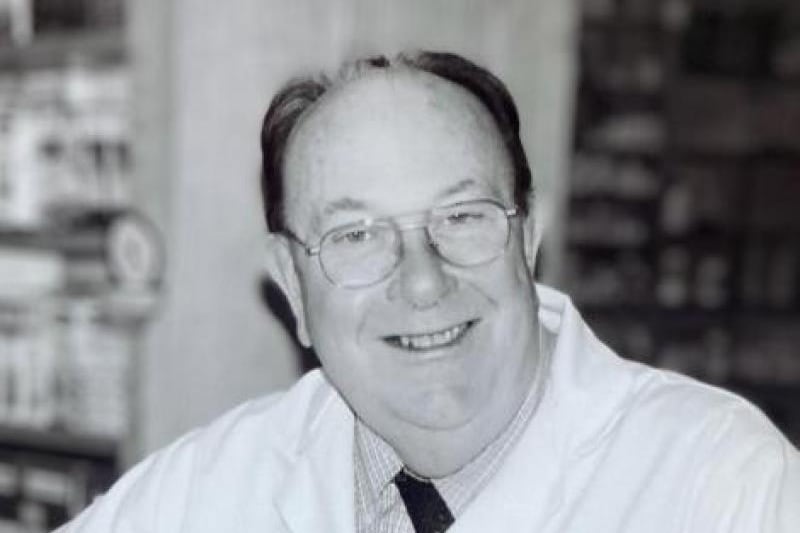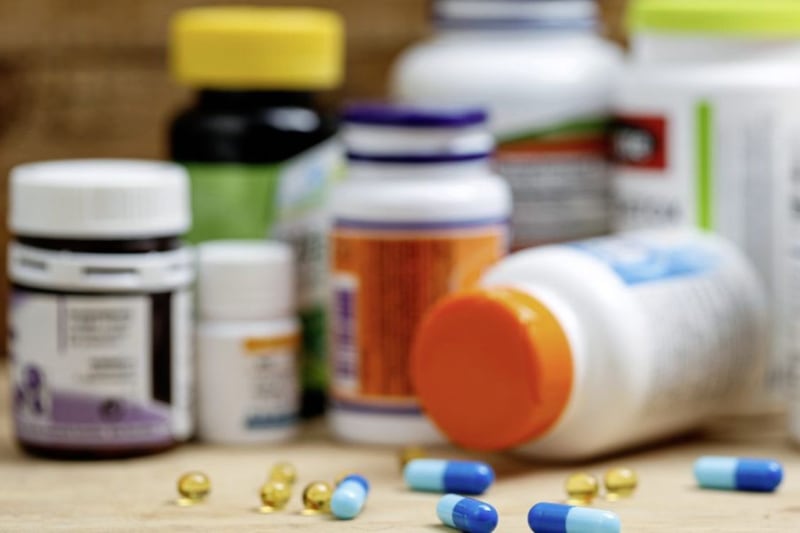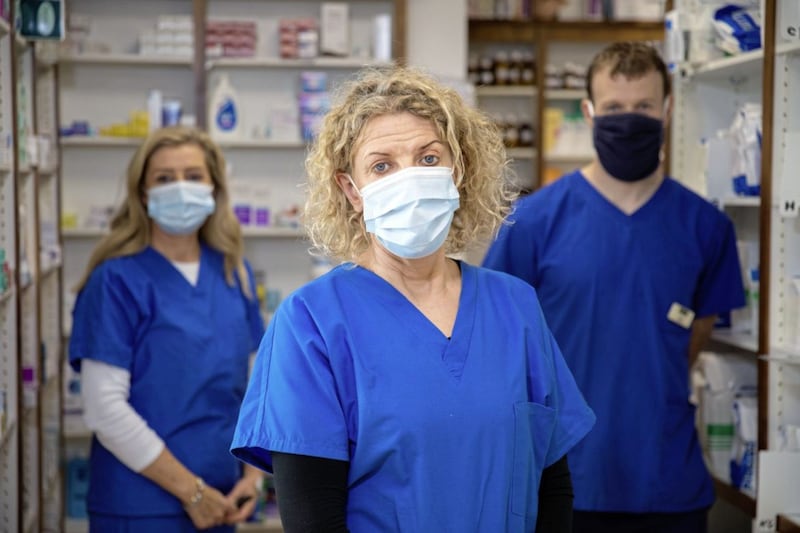COMMUNITY pharmacists are to benefit from a £13.5 million package as they become a "key service" in Northern Ireland's post-Covid health system.
Health minister Robin Swann yesterday announced the investment, which comes five months after the sector overwhelmingly backed proposals on industrial action due to serious concerns about patient safety and a workforce crisis.
With the onset of the pandemic in March and the closure of the majority of GP surgeries who switched to telephone triage, pharmacists were thrust into central frontline role.
Demand for services rocketed in the early stages of the outbreak amid concerns about PPE shortages and some pharmacists reporting abuse from patients due to shortages of essential medicines.
The Department of Health funding is being made available up until next March and is in addition to a confirmed recurrent financial envelope of £112.4m for 2020/21.
Speaking during a visit to McKay’s Pharmacy in Belfast, Mr Swann praised the sector for responding "promptly and professionally" to the coronavirus emergency response.
"I fully understand the historical challenges faced by the sector. This agreement provides a firm foundation that will enable community pharmacy to play a full part in the future of the HSC," he said.
Gerard Greene, chief executive of Community Pharmacy Northern Ireland (CPNI), the representative body which had lobbied its members on industrial action, welcomed the investment.
"This funding will allow the community pharmacy network to sustain and develop services to build upon its vital, frontline role," he said.
"This allocation signals a move forward for community pharmacy as a key service in the new post-Covid health and social care system supporting important service provision to patients.
"It is a clear recognition of the critical role of the sector, not only in the safe supply of medicines, but as the fabric which holds local communities together in times of crisis."
Meanwhile, in a separate announcement, department funding has been secured for four additional training places in the intensive care medical training programme starting this September.
Many doctors and nurses were retrained and redeployed to ICU wards as part of surge planning.
The extra training places will lead to the creation of more specialist intensive care consultants.
Dr Noel Sharkey, who heads up the British Medical Association's junior doctors committee, welcomed the announcement but also called for increased funding in other specialties to prepare medics for further waves of the pandemic.








